Social media revolutionizes politics
Social media is changing the way politics works
September 23, 2014
Years ago, if you wanted to connect with government and voice your opinions, you would have to write a letter, get an address, and send it off, with no way of knowing whether it reached its destination or not. Now, it’s as simple as sending a Tweet to your local political representative.
Over the past few years, social media has revolutionized the way we share our opinions and participate in society. This is especially true for teenagers and young adults. According to the Pew Research Center, almost 90% of young people use social networking sites.
This increase has had numerous effects on society, especially in the world of politics. Over 90% of members of Congress have social media accounts. President Barack Obama is one of the most popular Twitter users, with over 46 million followers. Why do politics and social media work so well together?
According to Rachna Choudhry, it’s the easy access to information. Choudhry, co-founder of the social media platform POPVOX, which connects Congressional data with public opinion, says social media has “helped to connect people sharing the same experience or viewpoints in real-time, which hasn’t been possible previously.” The ability to get information in a fast and easy way has created a new generation of informed and politically active citizens.
Congressman Chris Van Hollen, Representative for Maryland’s 8th Congressional District, says, “I think social media has made lawmakers more accessible than ever and has permanently changed the way we engage with our constituents.” Because the flow of communication is so immediate, politicians must respond.
Social media has also increased the importance and the capability of young people to be politically active. “If young people are not engaged in the political process,” explains Congressman Van Hollen, “they will leave the political playing field to others and risk having their priorities overlooked.” As Choudhry says, “the decisions Congress makes today will influence the lives of all of us, and particularly young people and future generations.” By connecting online with websites like Twitter, Facebook, or POPVOX, young people can contact their representatives or senators and have an impact on current and future laws that concern them, like student loan debts and the minimum wage.
Not only has social media helped connect the people with government; it has helped politicians and government officials connect with the public. An advantage of utilizing social media is that “the feedback from constituents is instant,” says Congressman Van Hollen. “I can easily and quickly tell whether they agree or disagree.” Using platforms like Twitter, Facebook, and Instagram, politicians have been able to reach out to a broader audience. Campaign commercials appear as advertisements on YouTube, and political ads are all over Facebook. It is now easier than ever for young voters to give their opinions on legislation, and for members of Congress to respond.
In the future, it is almost certain that social media and politics will become even more inseparable. Congressman Van Hollen says, as social media evolves, “public officials will absolutely have to adapt if they want to stay connected to their increasingly tech-savvy constituency.”
New social media platforms are developed every day, and more people are able to learn about and become active in local, state, and national politics, leading to a more inclusive and effective government. Says Choudhry, “the most significant change is about access to information.”


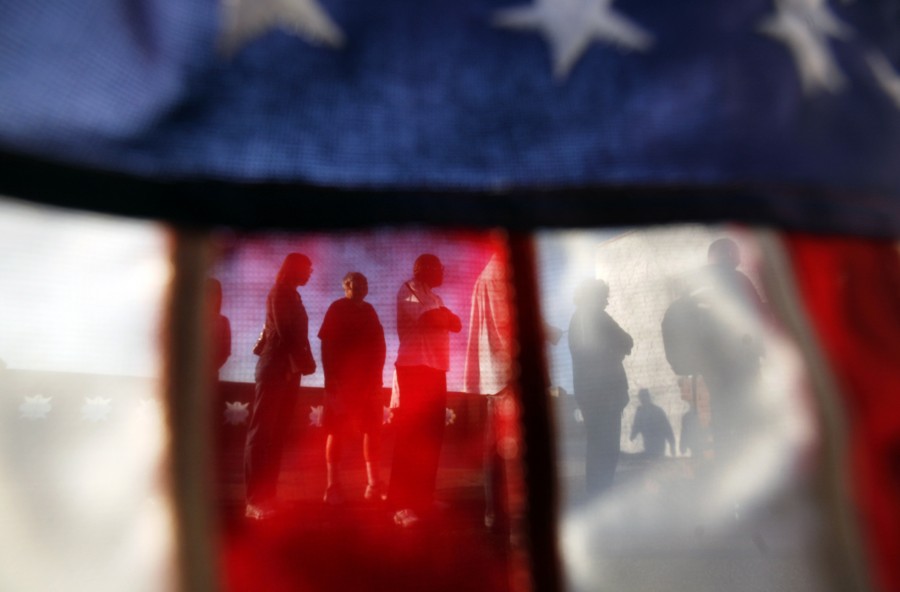



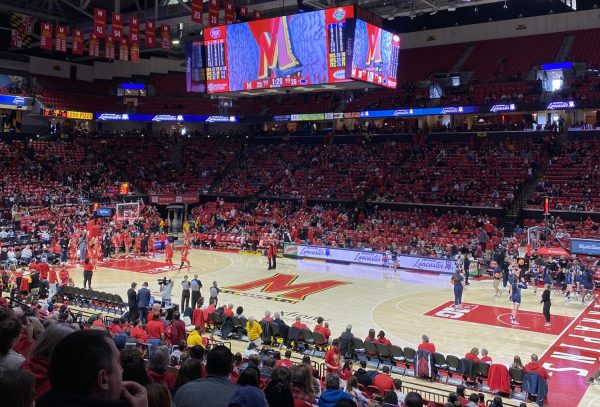

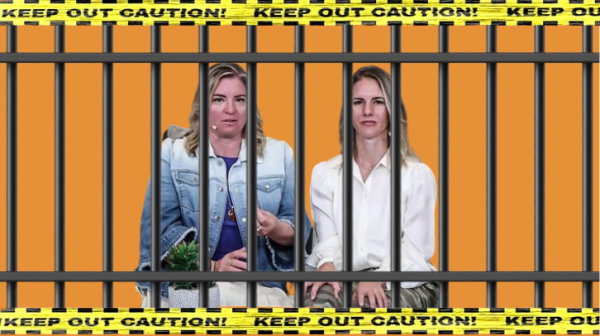
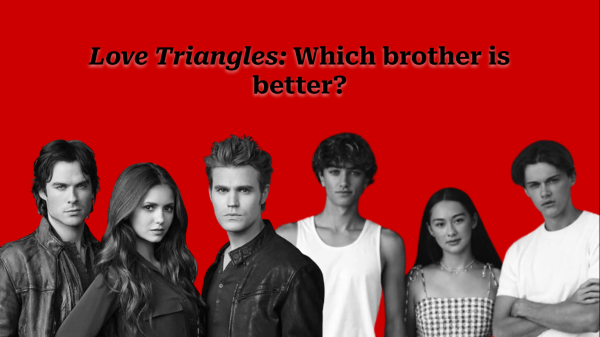
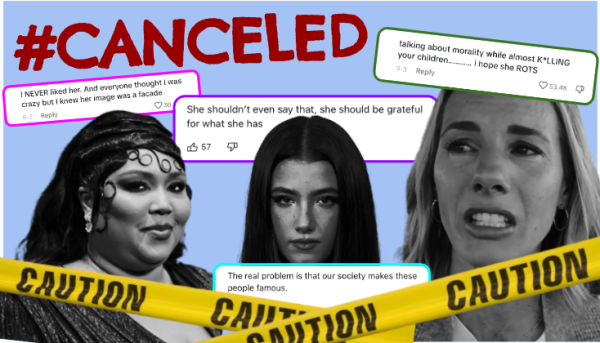
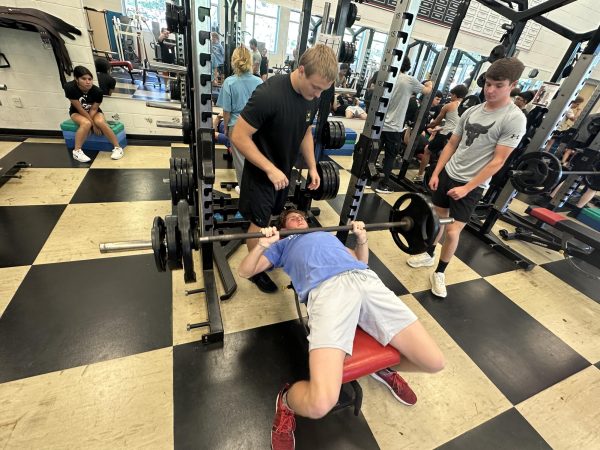

Laurel Bond • Sep 23, 2014 at 3:18 pm
Excellent article: well-written and -researched.